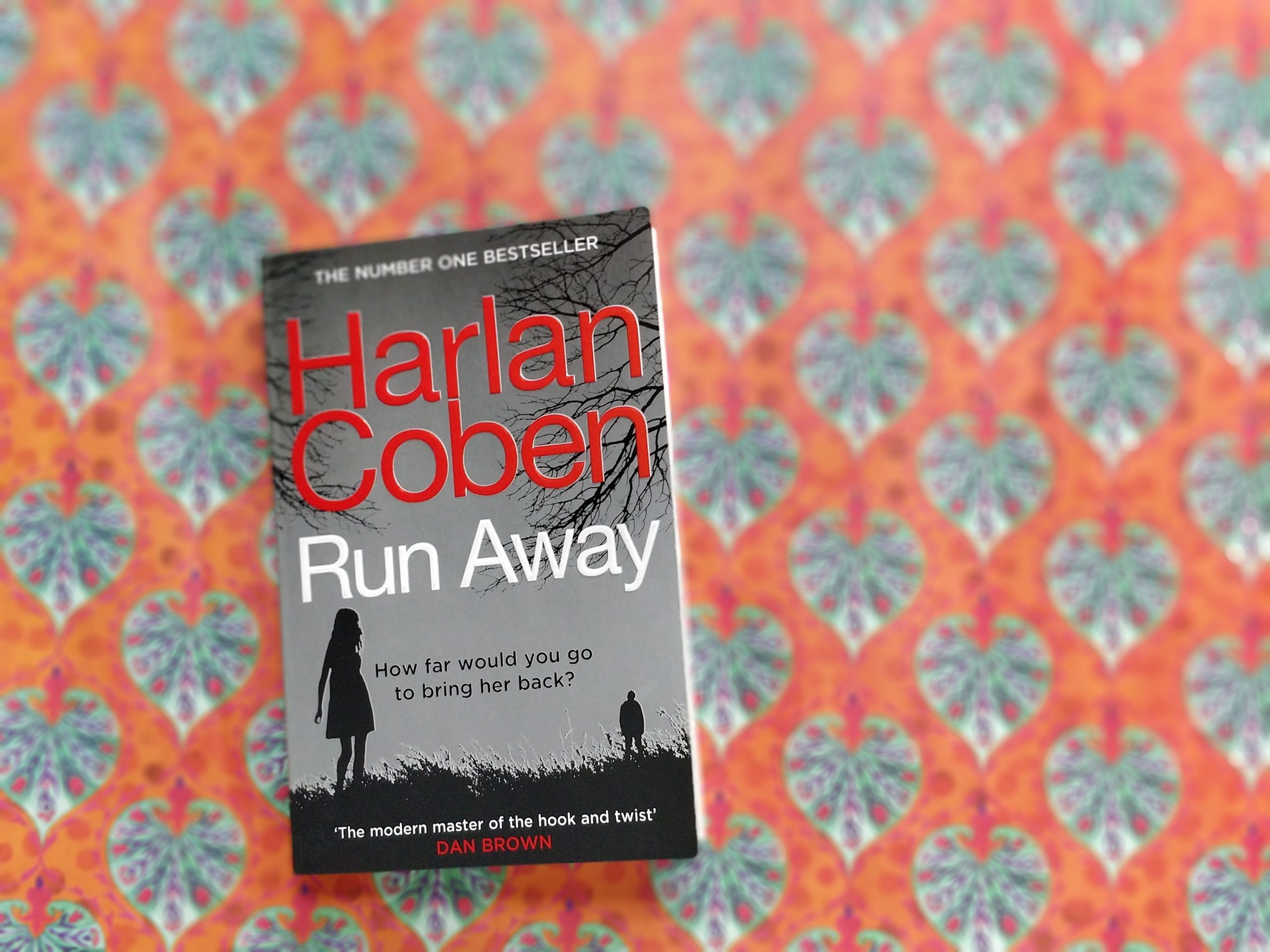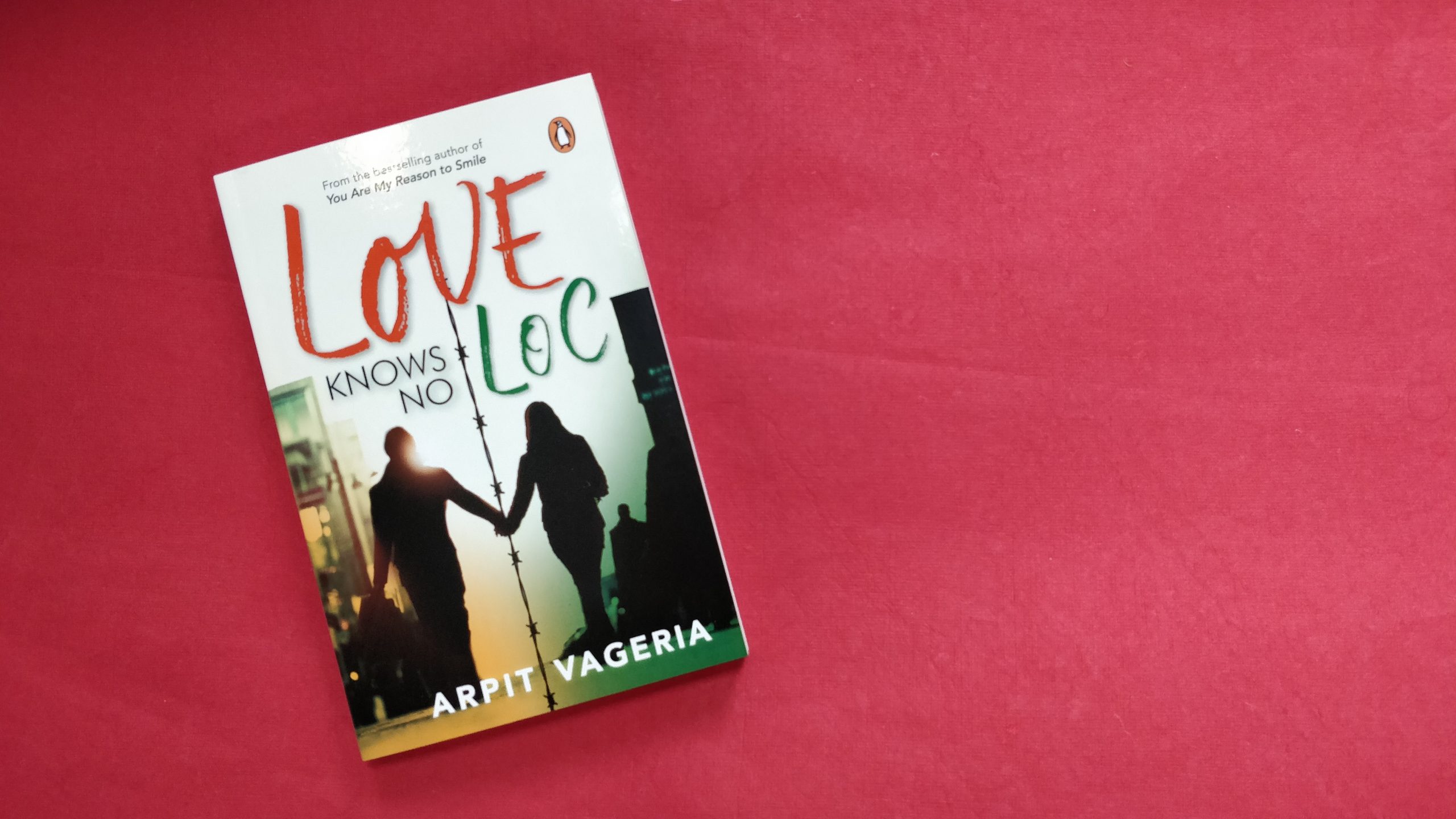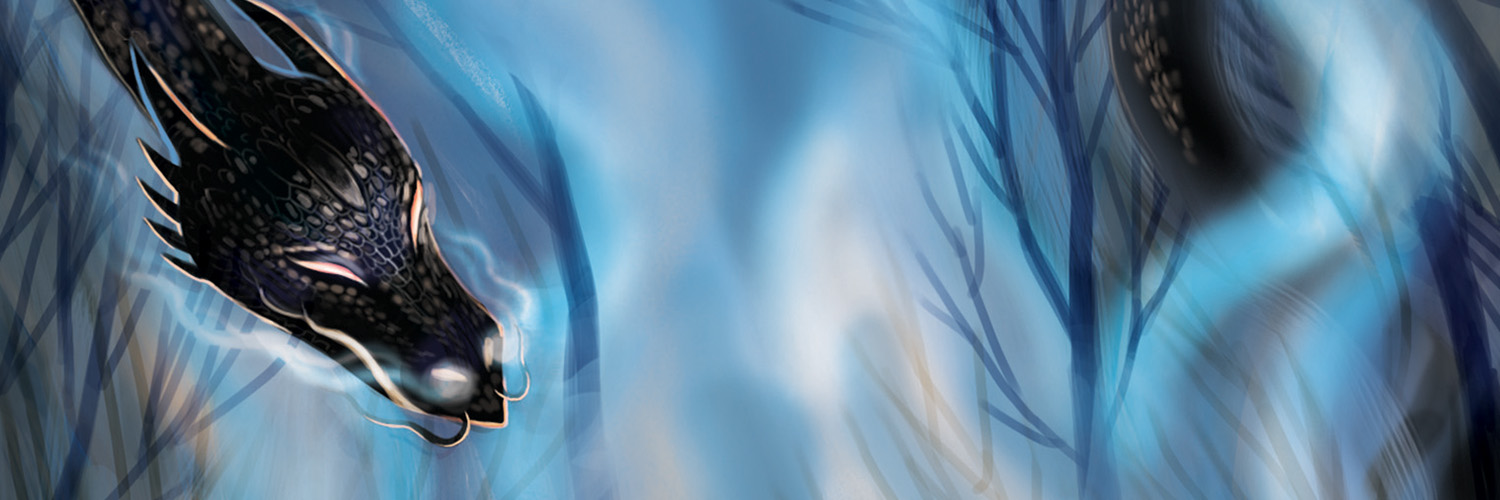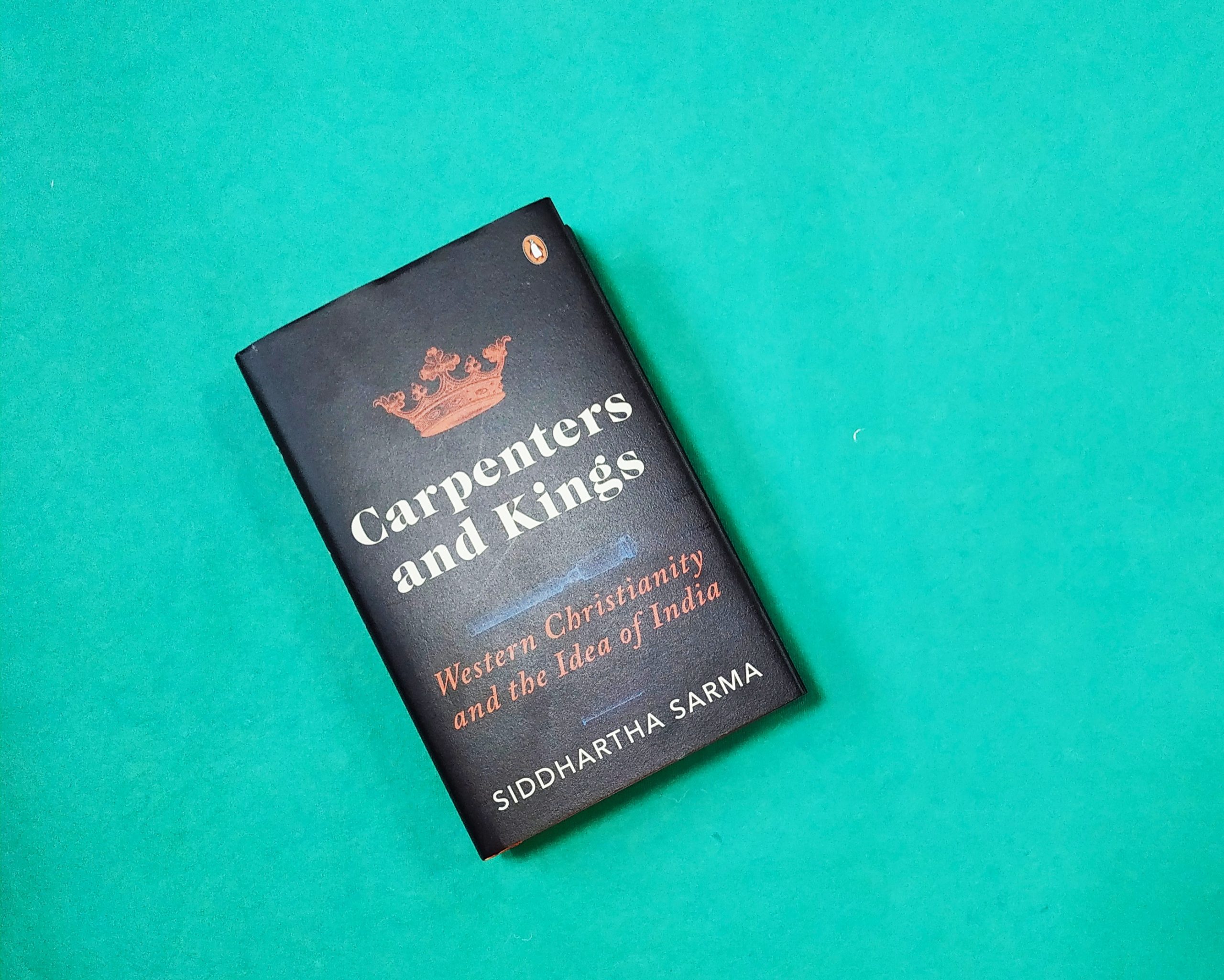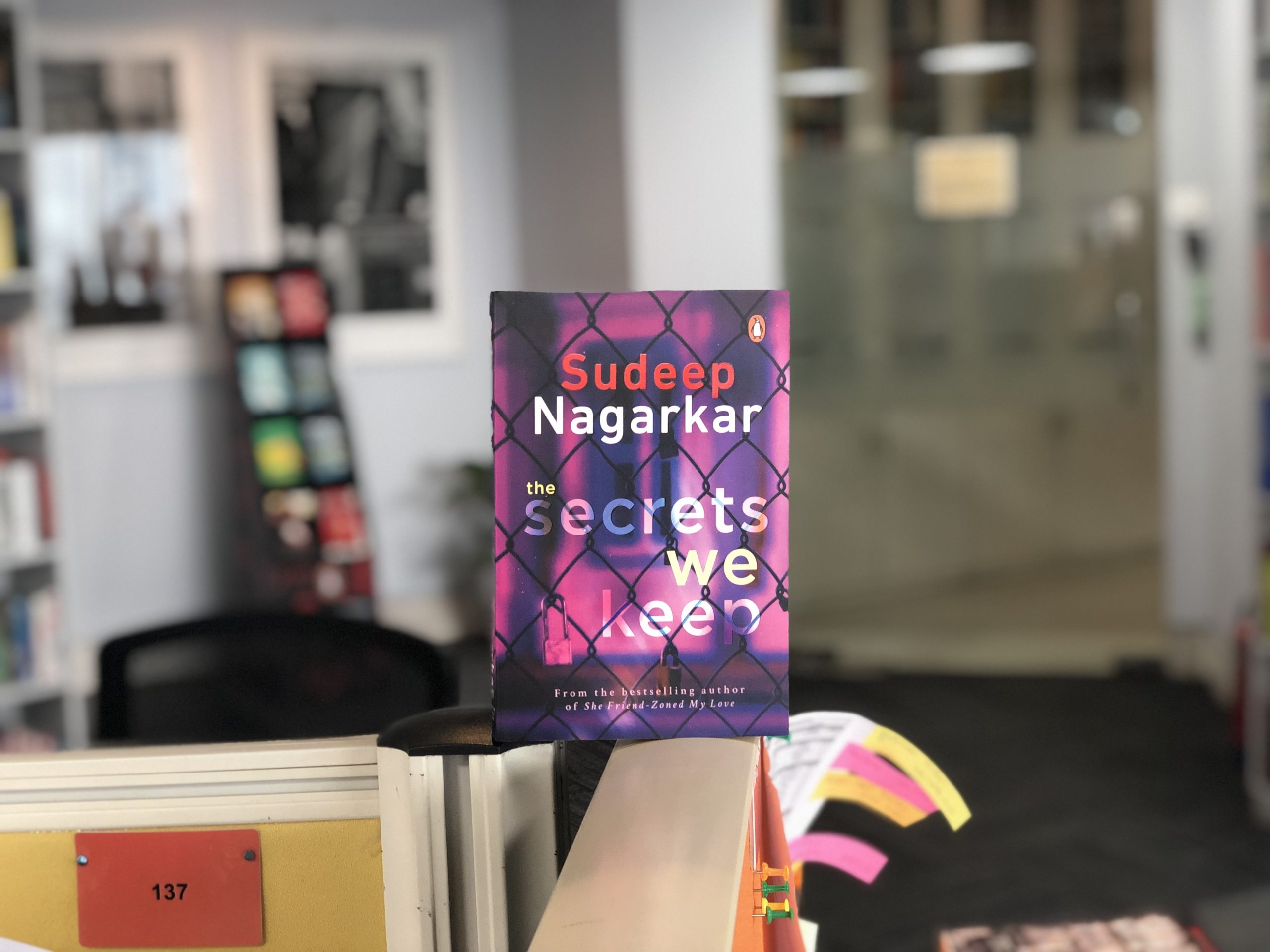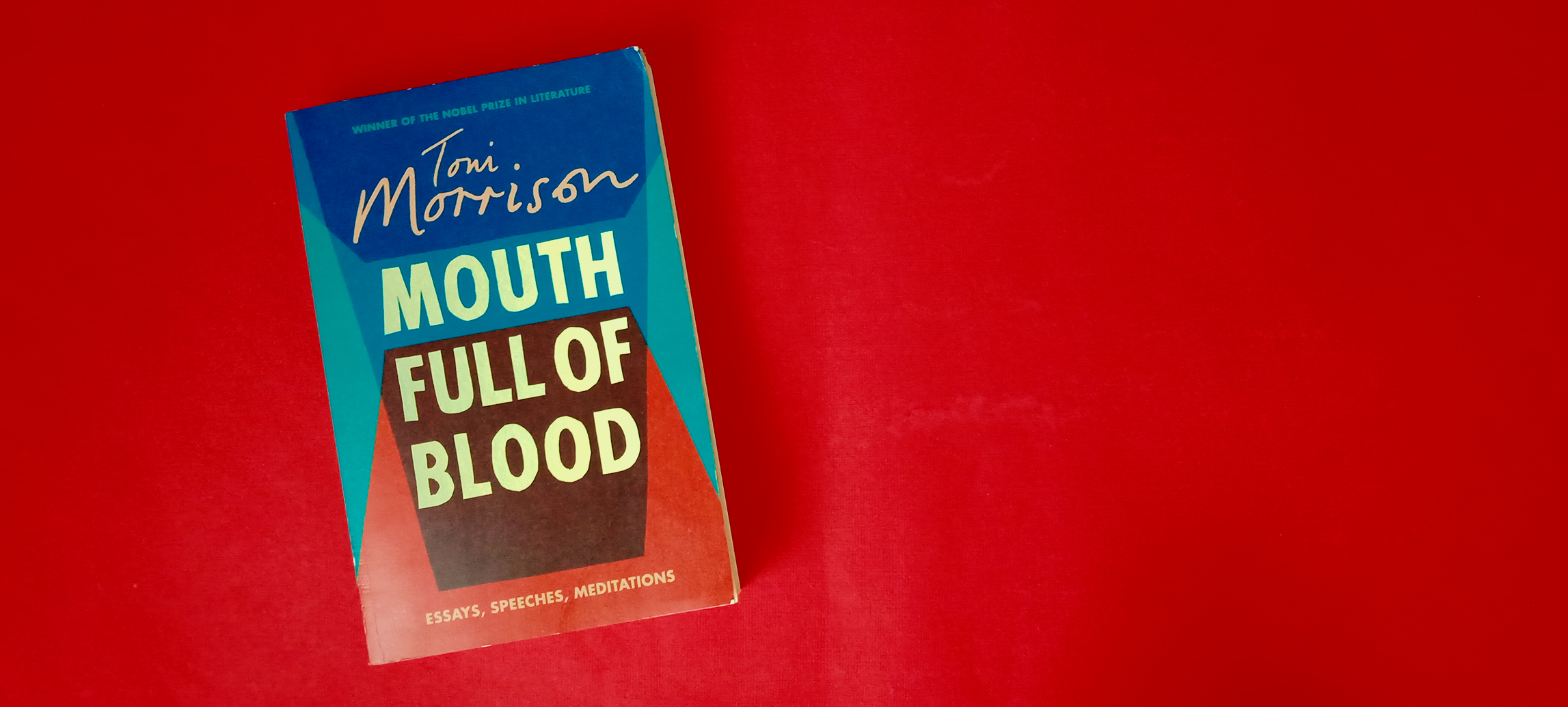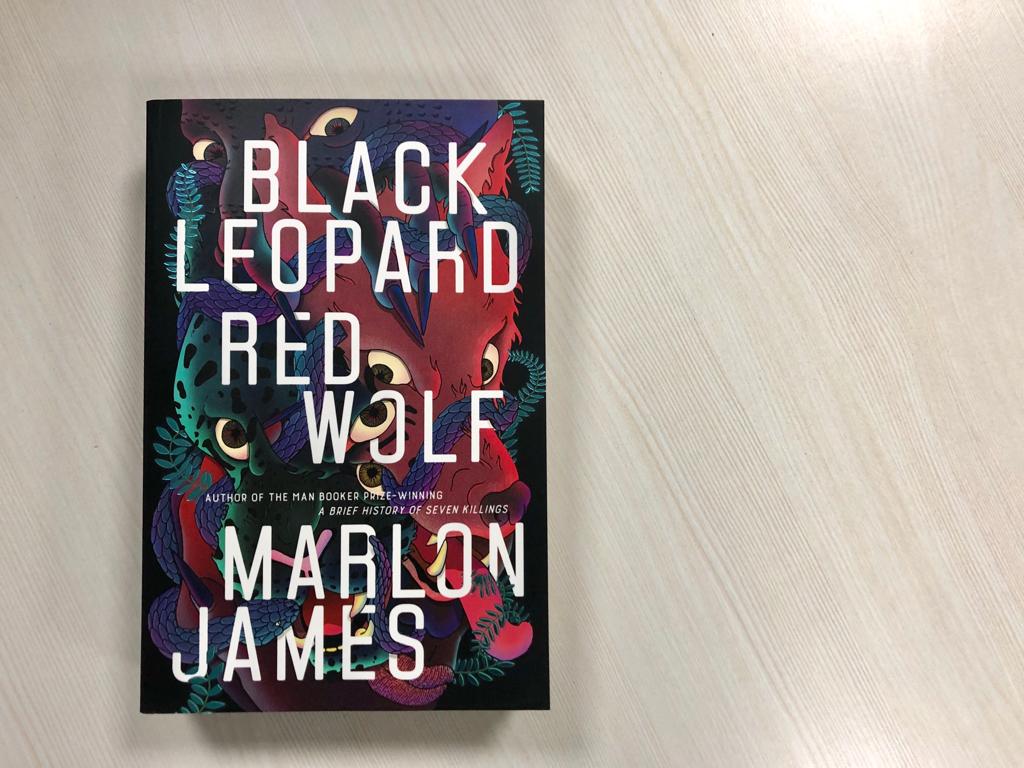A gripping narrative of two diagonally opposite impulses in Christianity: of humble scholars trying to live the Christian ideal, and of ambitious ecclesiastical empire-builders with more earthly goals. Carpenters and Kings is a tale of Christianity, and, equally, a glimpse of the India which has always existed: a multicultural land where every faith has found a home through the centuries.
Here is an excerpt from the first chapter!
‘Send me where you want, but send me somewhere else. Not to India.’
Thus begins The Acts of Thomas, an account of the coming of the apostle Thomas to the subcontinent. Now part of the large body of literature termed New Testament Apocrypha, The Acts, written in the third person, does not, unlike the four canonical gospels, talk about the life, ministry, crucifixion and resurrection of Jesus Christ. Instead, it begins with a gathering of the apostles in Jerusalem, to decide who would spread the message of the Son of God in which part of the world. The writers seem to have assumed that the readers, or listeners, are already familiar with the life of Christ. Although it says ‘we the apostles’, it does not specify who the narrators are.
All eleven of the surviving apostles are present, and named, at the beginning of the First Act: the brothers John and James the son of Zebedee, Peter* and his brother Andrew, James the son of Alphaeus, Simon from Canaan, Philip, Bartholomew, Matthew, Judas the brother of James, and Thomas himself.
The Risen Christ has met them and instructed them to travel among the nations with his teachings. It is a gathering of friends, witnesses to the miracle of the resurrection and conscious of their role as the closest followers of Christ. It is a momentous discussion, for the task given to them is to save the world. Christian tradition would come to call this the Dispersion of the Apostles.
The apostles then divide the regions of the world among themselves, and Thomas is tasked with going to India. Insofar as even a draw of lots for the apostles is determined by the will of God, Thomas makes for an interesting choice to travel to India. What would the fate of the Church have been if Peter, instead, had been chosen by divine will? Peter, the rock of the Church, so aware of how far short he fell of the ideals of Christ that he insisted, according to Christian tradition, that he be crucified upside down, in a symbolic inversion of the way Jesus was crucified. How might he have preached in India? It can only be speculated, because the task goes to Thomas, while Peter would travel through the great cities of Antioch and Corinth to Rome.
Diffidence and doubt seem to be recurring themes in the personality of Thomas, according to The Acts. In the canonical Gospel of John, when Jesus tells the apostles that he is leaving to prepare eternity for those who follow him, Thomas is made to say: ‘We do not know where you are going, so how will we know the way?’ Again, after the resurrected Christ appears to the apostles, Thomas declares he will not believe in the resurrection unless he sees Christ with his own eyes and touches the nail wounds on his limbs and the spear wound on his side.
Thomas finally believes in the resurrection after he does precisely that, to which Christ says, ‘Because you have seen, you have believed; blessed are those who have not seen but still believed.’ Scepticism was not new for the apostle.
Thomas, who from these episodes came to be called ‘Doubting Thomas’ in later Western Christian tradition, behaves in a similar manner at the beginning of The Acts, and refuses to go to India. ‘I am a Hebrew. How can I go among the Indians and preach the truth?’ he tells his fellow apostles at the gathering.
Later, Jesus himself son of Alphaeus, Simon from Canaan, Philip, Bartholomew, Matthew, Judas the brother of James, and Thomas himself. The Risen Christ has met them and instructed them to travel among the nations with his teachings. It is a gathering of friends, witnesses to the miracle of the resurrection and conscious of their role as the closest followers of Christ. It is a momentous discussion, for the task given to them is to save the world. Christian tradition would come to call this the Dispersion of the Apostles.
The apostles then divide the regions of the world among themselves, and Thomas is tasked with going to India. Insofar as even a draw of lots for the apostles is determined by the will of God, Thomas makes for an interesting choice to travel to India. What would the fate of the Church have been if Peter, instead, had been chosen by divine will? Peter, the rock of the Church, so aware of how far short he fell of the ideals of Christ that he insisted, according to Christian tradition, that he be crucified upside down, in a symbolic inversion of the way Jesus was crucified. How might he have preached in India? It can only be speculated, because the task goes to Thomas, while Peter would travel through the great cities of Antioch and Corinth to Rome.
The solution to this impasse comes about in the form of Abbanes, a merchant sent to Jerusalem by King Gundaphorus of India, and tasked with getting him a carpenter. Christ finds Abbanes in the market and tells the merchant that he has a slave, a carpenter, and is willing to sell the man. He then leads the merchant to the reluctant apostle, and Abbanes tells Thomas that he has been sold. Thomas accepts the will of God and finds himself embarking for India, after all. What transpires is among the most magical of New Testament apocryphal stories.
The first halt for Thomas and Abbanes is at the city of Andrapolis, of which no other details are given except that it is‘a royal city’. Here Thomas is asked by the king to pray for his daughter, it being her wedding night. However, Christ appears before the newly-weds in the form of Thomas and tells them not to develop physical relations, but keep themselves pure for the Lord.
Carpenters and Kings is an account of how global events, including the Crusades and the Mongol conquests, came together to bring Western Christianity to India.







